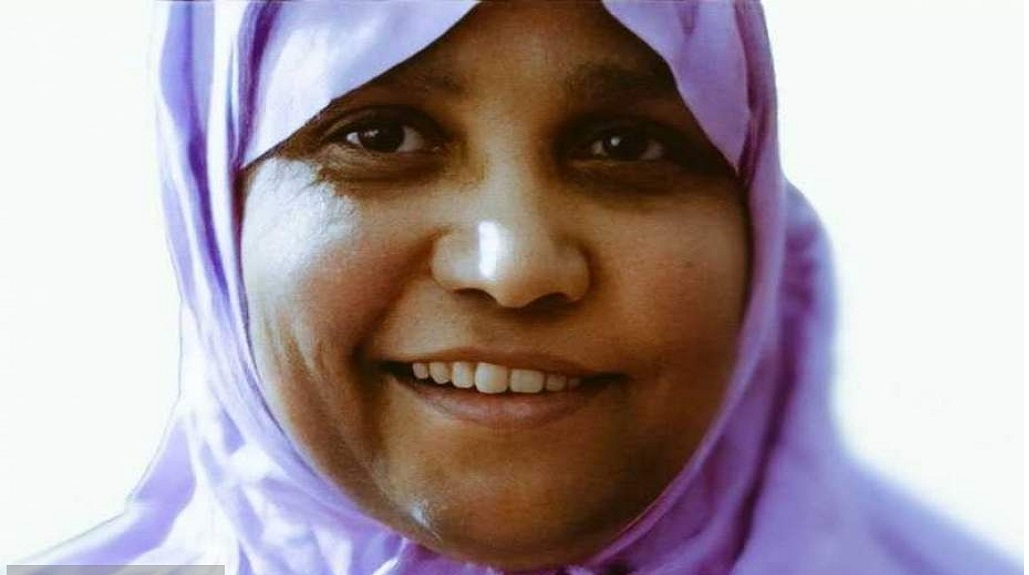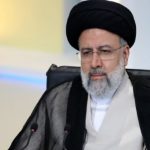Saudi Arabia’s Supreme Court has handed down a Tunisian doctor, who has been living in the kingdom for more than a decade, a lengthy prison sentence for her interaction with a Twitter post in support of the Lebanese Hezbollah resistance movement.
Faraan: Mahdia al-Marzouki had been already sentenced to two years and 8 months in prison by Saudi Arabia’s so-called Specialized Criminal Court and the verdict was appealed by a lawyer appointed by Saudi authorities.
However, Saudi authorities extended the term of al-Marzouki’s imprisonment to 15 years, the Prisoners of Conscience, an independent non-governmental organization advocating human rights in Saudi Arabia said on Twitter. The rights group noted that the 51-year-old doctor does not pass 87 followers on Twitter and thus cannot incite “public unrest and destabilize civil and national security,” as firmly opposed to what the Saudi government proclaims.
Marzouki has been residing in Saudi Arabia since 2008. She was arrested in July 2020, and the investigation continued for several months before she received her initial sentence of two years and 8 months. Her brother told the Tunisian Arabic-language Jawhara FM radio station that all contact with her was cut off when she was arrested, adding that the investigations lasted for an entire year.
The Saudi government has sentenced a 72-year-old American citizen to 16 years in prison over his tweets criticizing the ultra-conservative regime in Riyadh, with the son of the elderly critic saying his father has been “tortured” in jail. The man also confirmed that the family has contacted the Tunisian consulate for assistance several times, but to no avail, calling on Tunisian President Kais Saied and the Ministry of Foreign Affairs to intervene.
Saudi Arabia once invested billions of dollars in Lebanon and bolstered its luxury tourism economy. The Riyadh regime has shunned the country for years because of Hezbollah resistance movement and its strong support within Lebanese society and political circles. A Saudi judge has sentenced 10 Egyptian men for up to 18 years over trying to organize a remembrance event for the 1973 Arab-Israeli War.
Since Mohammed bin Salman became Saudi Arabia’s de facto leader in 2017, the kingdom has arrested hundreds of activists, bloggers, intellectuals and others for their political activism, showing almost zero tolerance for dissent even in the face of international condemnation of the crackdown.
Muslim scholars have been executed and women’s rights campaigners have been put behind bars and tortured as freedom of expression, association, and belief continue to be denied by the kingdom’s authorities. Over the past years, Riyadh has also redefined its anti-terrorism laws to target activism.










